Comic-book store owner Jermaine Exum couldn’t believe his ears when a customer asked to reserve a copy of the upcoming 960-page “DC versus Marvel” comics collection.
“I said, ‘What now? Let me make sure you get what?,’” the Greensboro, North Carolina businessman and comics fan said. “Because I thought it can’t possibly be real.”
Exum’s surprise reflects the excitement felt by fans when DC, owned by CNN’s parent company Warner Bros. Discovery, announced in February a new project with Marvel that republishes long out-of-print crossover comics.
You may think that Superman’s greatest rival is Lex Luthor – but, in the past, sometimes it’s been Spider-Man. The heroes were created decades ago by competing comic-book companies: DC, founded in 1934, and upstart Marvel, founded in 1939. Since then, the Big Two of comics have captivated fans with their superhero worlds: Batman and Wonder Woman on one side, The X-Men and Iron Man on the other.
Now, DC and Marvel, owned by Disney since 2009, are collaborating on a project that resurfaces material by both firms’ writers and artists. From 1976 to 2003, crossovers between the DC and Marvel universes (“Superman vs. Incredible Hulk,” or “Batman vs. Daredevil”) were regular features as the companies sought to expand their markets. Yet these comics went largely out of print in the 2000s as once-niche superheroes became billion-dollar movie stars.
In an industry now defined by Hollywood, the news of a re-release of comics featuring match-ups between the companies’ stars sent waves of curiosity, nostalgia and hopes for more throughout the comics industry.
In a statement to CNN, a DC spokesperson said the upcoming collection is “a reprint fans have been clamoring for.” Marvel declined to comment on the release. Notably, these new collections include exclusively reprinted material. No new comics are being created. In pre-sale, Amazon is offering the omnibuses at a hefty $131.50.
Omnibuses are compilations of works, which Exum described as “deluxe hardcovers, with the best possible paper, just great presentation for things that are truly special.” Comics in the collection include the 1976 “Superman vs. The Amazing Spider-Man,” the first encounter between the two superheroes.
Michael Uslan, the executive producer and originator of the “Batman” movie franchise, told CNN that this crossover embodies the glory days of Carmine Infantino at DC and Stan Lee at Marvel, “pulling together the artists, the writers that they wanted,” to strategize on creative decisions.
These books were the product of delicate negotiations: “I remember internally at DC at the time, all the talks going on, ‘Well, you know, if Spider-Man is in three panels on this page, then Superman has to be in three panels,’ or ‘how come Superman is in the background and this panel has Spider-Man in the foreground’,” Uslan said.
Walt Simonson, a comics artist whose work on the 1982 “X-Men and Teen Titans” crossover is featured in the collection, said executives at DC reached out to him to acquire fresh scans of the artwork to ensure a high-quality reprint.
“As an artist, I’m delighted because I feel that that was a really good comic,” Simonson said. “I thought that everybody brought their A game, so it’s a job I’m proud of, especially given the complexity of it.”
Simonson said the upcoming collection commemorates the artists who “jumped back and forth” between DC and Marvel in the 1970s and 80s to craft the iconic superhero stories beloved by fans since.
Uslan recalled similar “interplay” among the companies, citing a regular DC vs. Marvel softball match in Central Park as evidence of camaraderie. “We shared our passion for comic books and for superheroes and we shared a mutual respect for each other,” he said.
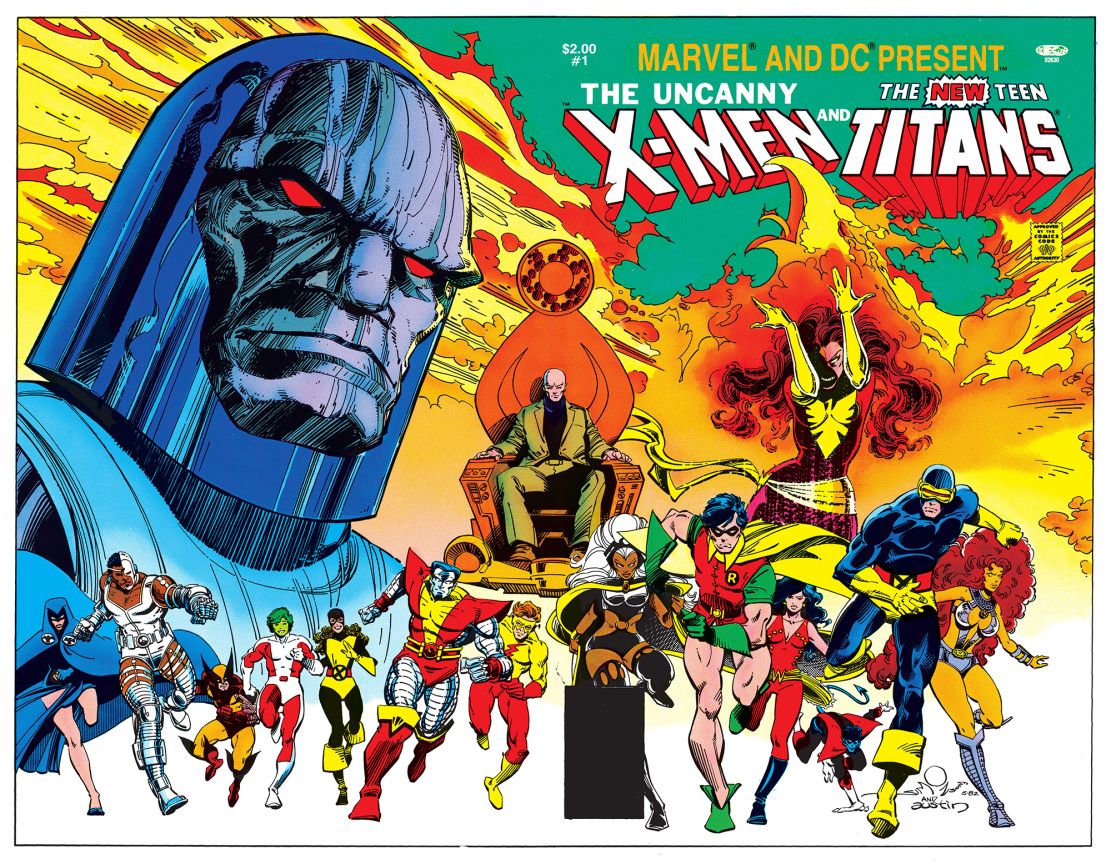
Ben Saunders, a professor at the University of Oregon who founded and directs a comics studies minor, compared DC and Marvel to competing teams in a sports league. While there are diehard fans and impassioned opinions, the presence of the opposing team only fuels the spirit of the game. The books do feature work by artists and writers whom, in a certain cultural set, are superstars: Denny O’Neil, George Pérez, Chris Claremont, John Romita Jr. and more.
Exum, who has worked at Acme Comics in Greensboro, North Carolina, since 1996, said that younger fans who “met the characters” through the movies or TV shows are prime customers for the collection. “I think that those people are going to be really excited about having this thing on their bookshelf,” he said.
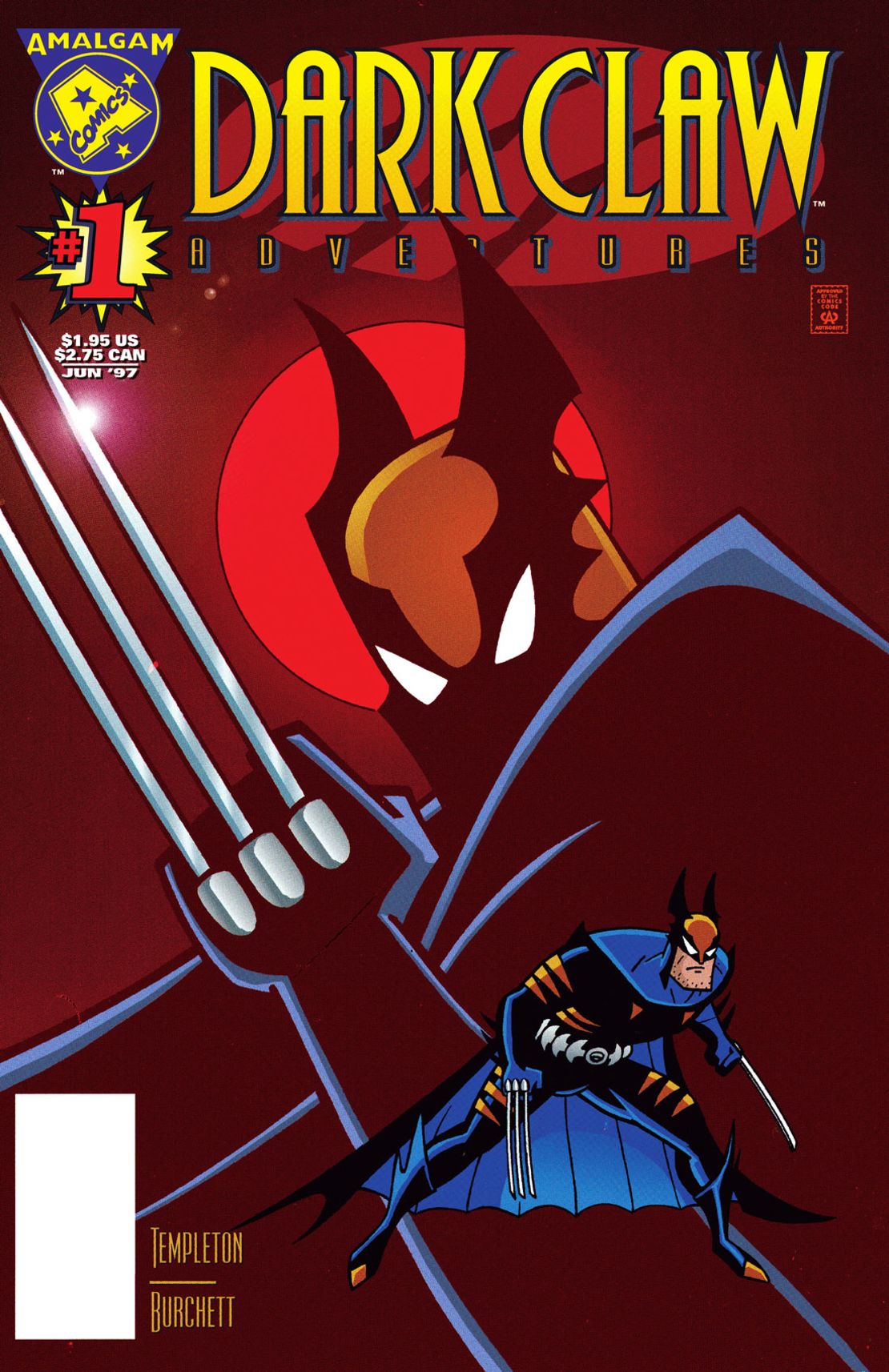
Alongside the “DC versus Marvel” omnibus, the “Amalgam Age” omnibus will also be released. The “Amalgam Age” omnibus includes crossovers from a 1996 collaborative effort between DC and Marvel called the Amalgam universe. The collaboration combined popular characters from the two companies into new superheroes like Dark Claw, a combination of Wolverine and Batman.
Simonson said that while the collection is a chance to recall fond memories, the reprints will serve a practical purpose for consumers too.
“I think someone who picks it up and is willing to go with the flow is going to enjoy themselves going through the stories,” Simonson said.
Ultimately, “they’re great comics, the demand for which has remained,” Saunders said.
Uslan said the 2000 “X-Men” movie marked a turning point for how Marvel and DC began to think about their own intellectual property. “All of a sudden the value of their characters and their trademarks became more and more substantial,” Uslan said.
Saunders said the market for movies versus comics developed in distinct ways across the 2000s. Marvel’s 2019 “Avengers Endgame” grossed nearly $2.8 billion globally at the box office. In contrast, the sales for the entire American comic book industry across 2019 amounted to $1.2 billion, less than half of that.
Saunders said the value of these characters changed the possibility of collaboration between DC and Marvel. “These characters became worth so much more than they used to be worth that it became more difficult, because you’d have to call in lawyers and jump through more hoops just to bring them together,” he said.
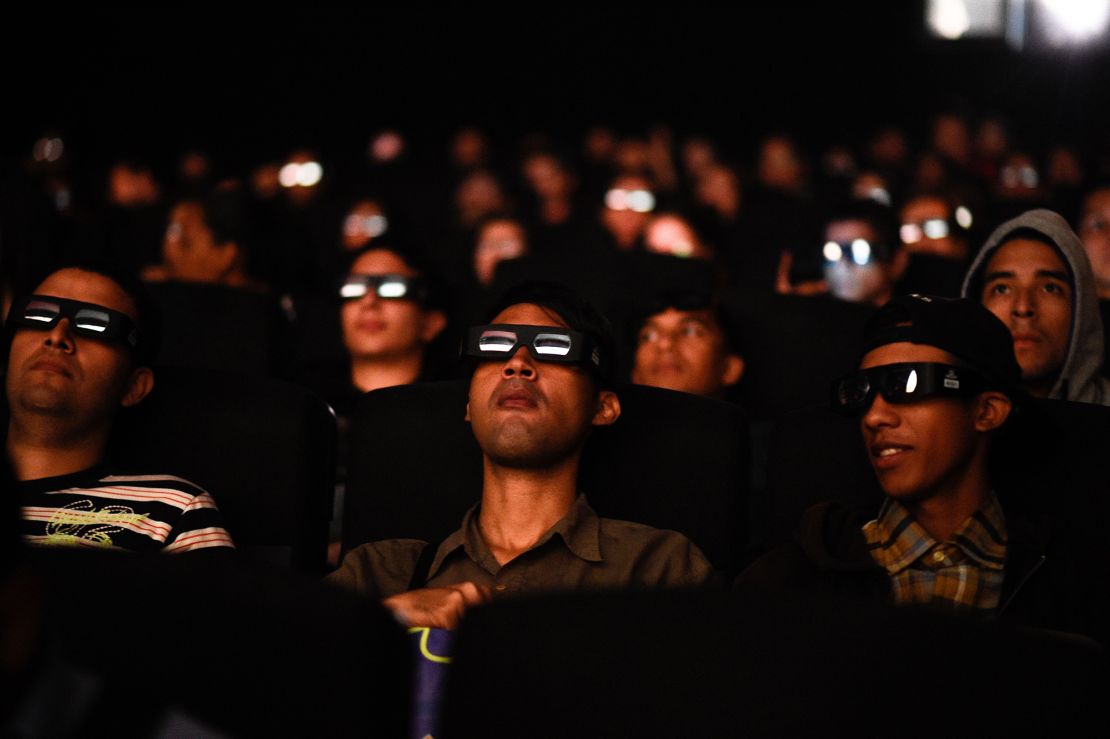
While the movies and comics studios are separate, Uslan said that recent changes in the movie industry “softened” the corporate atmosphere. In 2022, James Gunn, director of Marvel’s “Guardians of the Galaxy” movie franchise, joined Peter Safran as co-CEO at DC Studios. Alongside Kevin Feige, President of Marvel Studios, Uslan describes these execs as “comic book fans, not just DC fans or Marvel fans.”
Ethan Sacks, a comic book writer who has worked for both DC and Marvel on comics like “Star Wars: Galaxy’s Edge,” said he hopes this is a sign of a “thaw in the rivalry that portends for new material or new collaborations.”
And while providing content for fans, Uslan said the collaboration honors the creators.
“Jack Kirby and Stan Lee, Steve Ditko, Jerry Siegel and Joe Shuster, Bob Kane, Bill Finger and William Moulton Marston, so many of these people bequeathed to us characters who have become our contemporary folklore,” Uslan said. “Our comic book superheroes are our modern-day mythology. The ancient gods of Greece, Rome and Egypt all still exist, except today they wear spandex and capes.”
Read the full article here







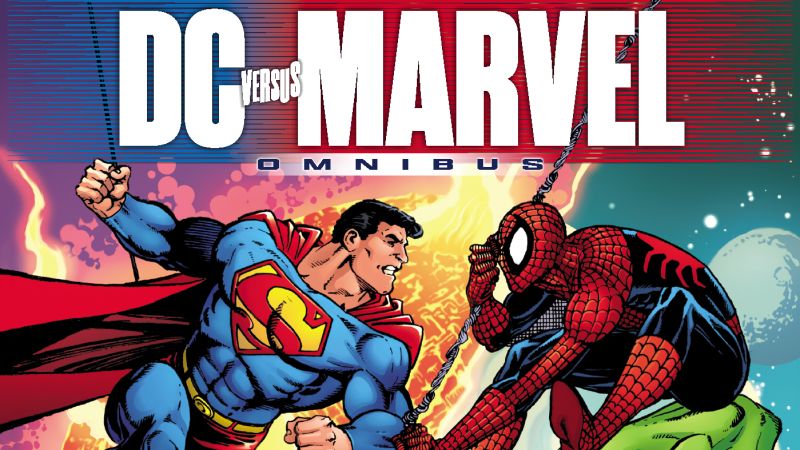
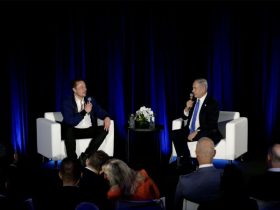
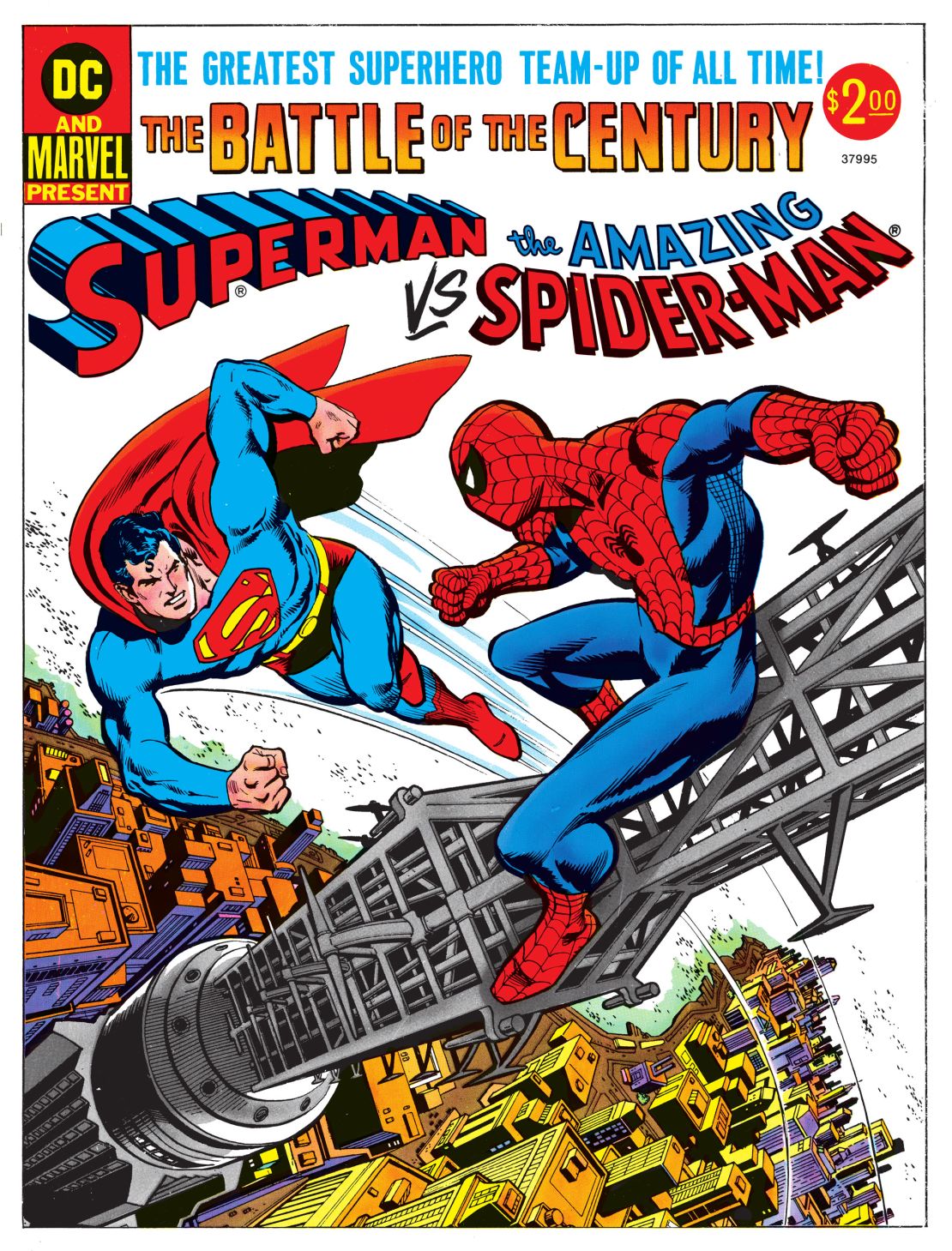



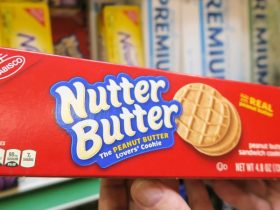
Leave a Reply